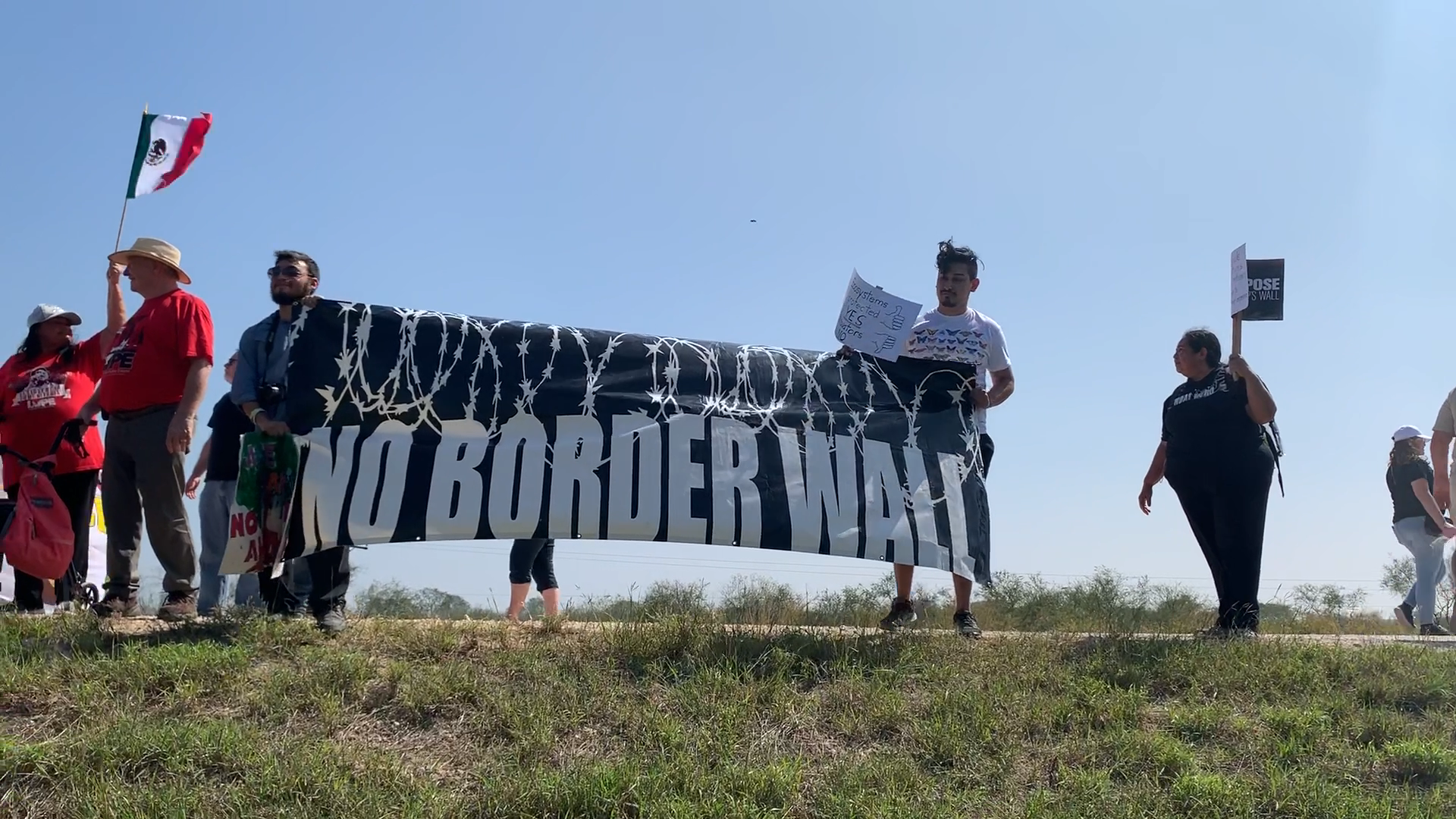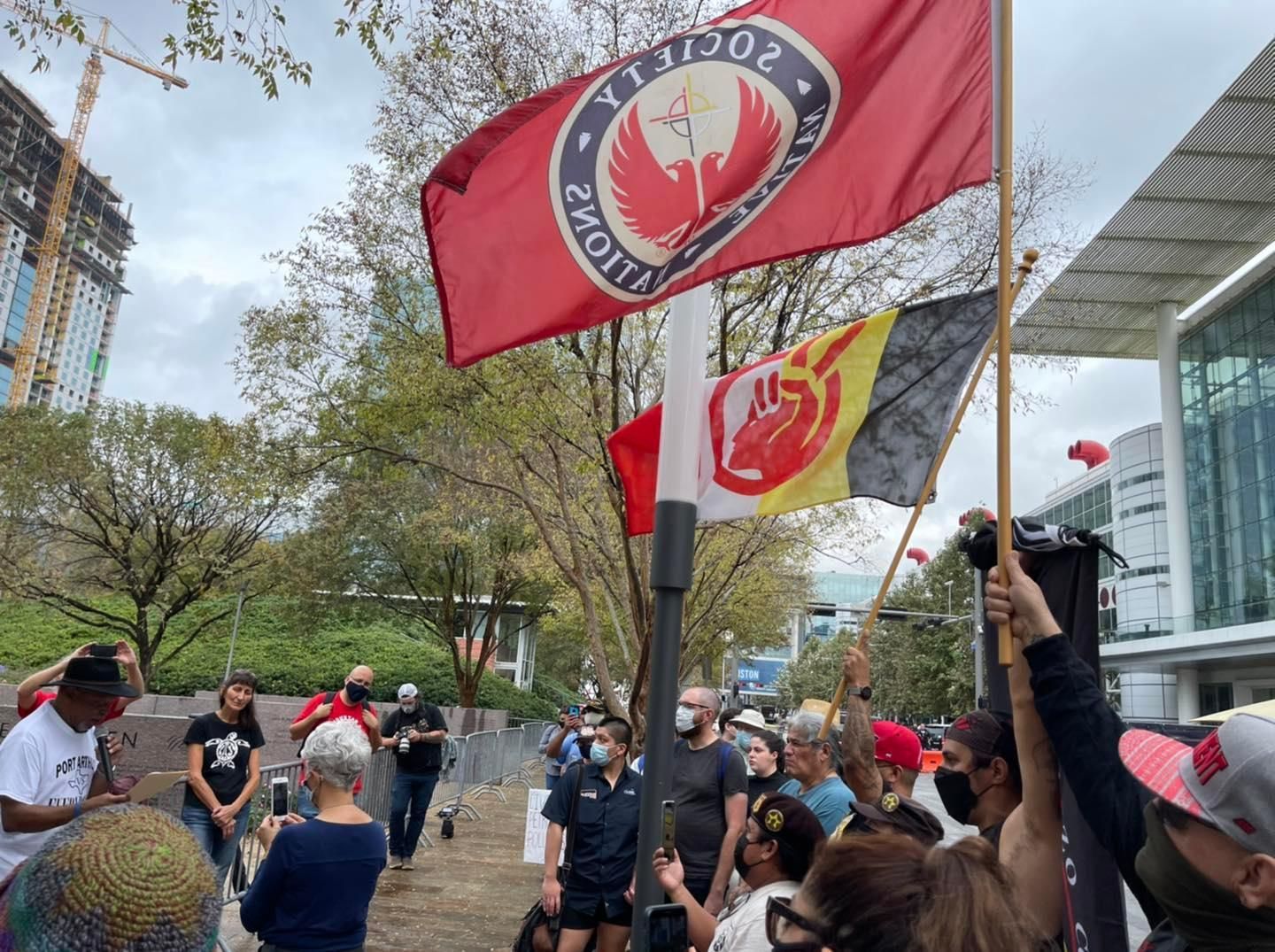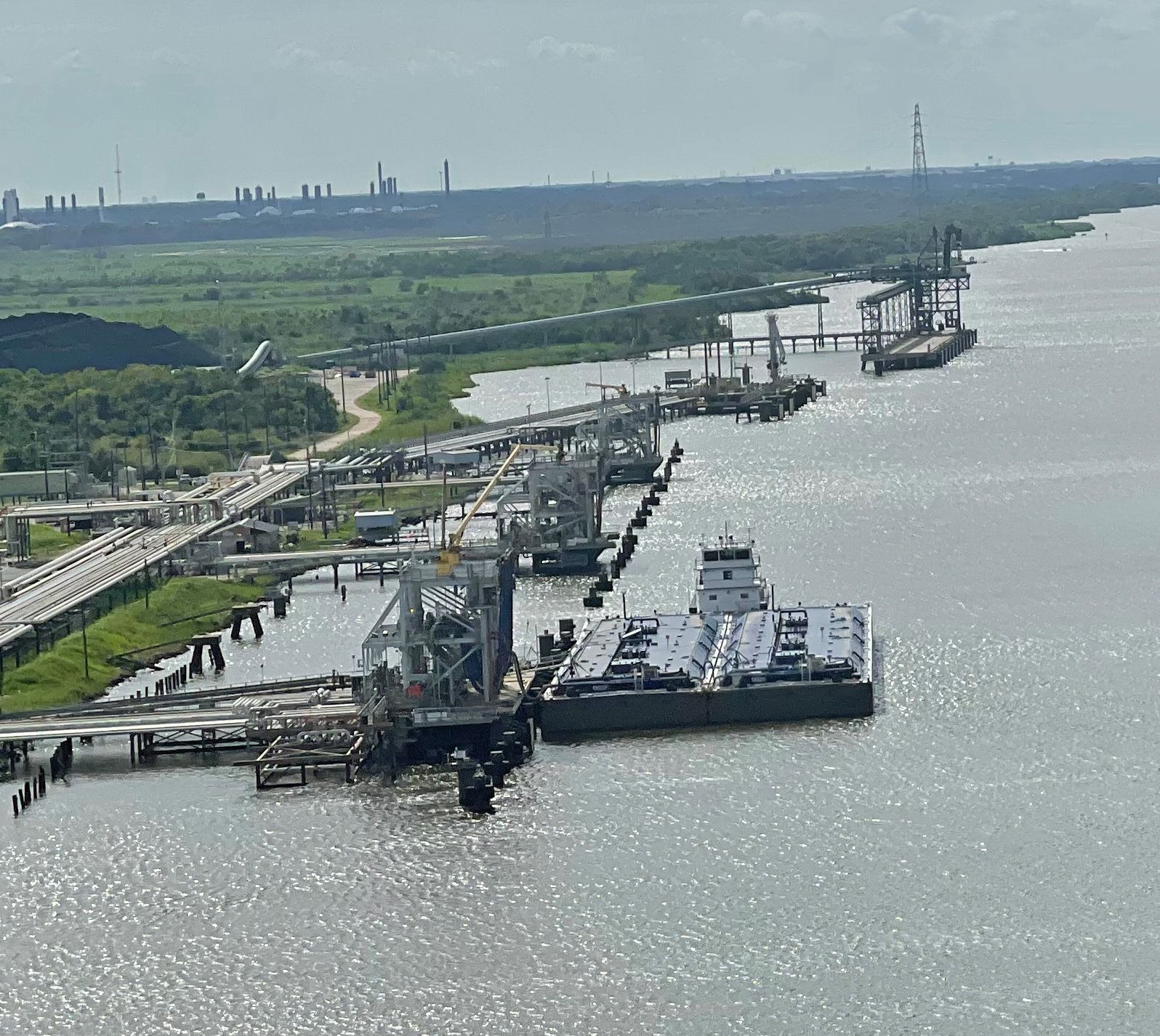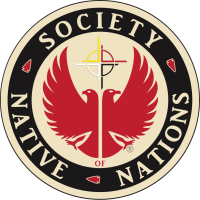Border Wall Project

Border Wall Project
Protecting Sacred Sites & Borderlands (South Texas)
Standing with local tribal communities to defend sacred places, ecosystems, and community rights in the face of border wall expansion and environmental law waivers.
Overview
The construction of the border wall in South Texas has proceeded under sweeping waivers of 28 environmental and public-health laws, fast-tracking segments across 11 areas in Texas. These routes cut through or alongside the Lower Rio Grande Valley wildlife corridor, the National Butterfly Center, nature preserves, agricultural lands, neighborhoods, and sacred Indigenous sites.
Our project works in partnership with local tribal communities and environmental justice allies to protect sacred places, document harms, and elevate community voices. We combine cultural protection, ecological monitoring, and rights-based advocacy to challenge the ongoing militarization of the borderlands.
What’s at Stake
- Sacred sites & cultural survival: Disturbance, access barriers, and desecration threaten places of prayer, ceremony, and burial.
- Wildlife & water: Wall segments fragment habitat, block migrations, and alter hydrology—jeopardizing biodiversity and sensitive riparian zones.
- Community rights & safety: Fast-tracked construction has involved land seizures and fencing that divides neighborhoods, ranchlands, and public spaces.
- Environmental justice: Waiving bedrock protections (e.g., reviews and safeguards) sidelines impacted residents—especially Indigenous Peoples and low-income communities.
Our Approach
- Tribal Partnerships & FPIC
We collaborate at the invitation of tribal communities, honoring Free, Prior, and Informed Consent, cultural protocols, and data sovereignty. - Sacred Site Protection & Cultural Mapping
With community guidance, we confidentially document sacred and culturally significant places, support access needs, and advocate for protective buffers and reroutes. - Ecological Monitoring & Community Science
We track habitat fragmentation, erosion/flood risks, and species movement; train local monitors; and compile evidence for advocacy and legal reviews. - Policy, Legal, & Administrative Advocacy
We pursue comment letters, administrative challenges, and policy engagement to contest harmful waivers and push for restoration and community consultation. - Public Education & Media
We produce briefings, host teach-ins, and support local spokespeople to confront greenwashed narratives and highlight real on-the-ground impacts. - Landowner & Community Support
We connect affected residents with pro bono assistance, document eminent domain concerns, and coordinate mutual-aid responses where needed.
Principles
- Rights-based & Indigenous-led: Guided by Indigenous Peoples’ rights and leadership.
- Do No Harm: Protect sensitive knowledge and locations; prioritize community safety.
- Cross-Border Solidarity: Build alliances across the U.S.–Mexico region for shared ecosystems and shared futures.
Get Involved
- Report an impact: Share photos, locations, or testimonies from the field.
- Volunteer/Host a teach-in: Help with mapping, monitoring, or community education.
- Donate: Sustain tribal-led site protection, monitoring gear, and legal advocacy.
- Partner: Tribes, landowners, researchers, and EJ groups—let’s coordinate efforts.
Expected Outcomes
- Documented cultural and ecological impacts to inform policy and legal action.
- Reduced damage to sacred sites through reroutes, buffers, or work stoppages.
- Stronger community capacity for long-term stewardship and rapid response.
- Clear, accessible public information that drives accountability and change.
Short term Goals:
- File and support public comments, permit challenges, and administrative complaints on high-risk pipelines, LNG, refineries, and plastics facilities.
- Stand up a rapid-response network (hotline + text alerts) for spills, flares, odors, fish/wildlife kills, and community health concerns.
- Train residents as air/water monitors; distribute low-cost kits and host quarterly data-sharing sessions.
- Publish quarterly “Pollution Watch” briefings documenting violations, health risks, and enforcement gaps.
- Run zero-waste workshops helping households replace common single-use plastics with safe, reusable alternatives.
- Formalize partnerships (MOUs) with Tribes, clinics, universities, and legal allies to expand capacity.
Policy & Law — Local → National → International (UN/OHCHR)
- Local/State: Push buffer-zone and cumulative-impact ordinances; challenge weak permits; file open-records requests; win city/county resolutions against new plastics and desal projects.
- National (U.S.): Submit Title VI civil rights complaints; petition EPA for stronger emission and fenceline-monitoring standards; brief members of Congress; intervene in federal rulemakings.
International (UN/OHCHR):
- Submit communications and urgent appeals to OHCHR Special Procedures (e.g., toxics, environment, Indigenous Peoples, cultural rights).
- Provide shadow reports to treaty bodies (e.g., CERD early warning/urgent action) and contribute to the Universal Periodic Review (UPR) for the U.S.
- Engage in UNEP/UN processes (Global Plastics Treaty, chemicals/waste panels, UNEA) to uphold UNDRIP—including self-determination (Art. 3), participation (Art. 18), and FPIC (Art. 19)—and advocate formal Indigenous participation mechanisms.
Long term Goals:
- Secure binding protections: cumulative-impact review requirements, school/hospital buffer zones, continuous fenceline monitoring, and stronger enforcement.
- Block or materially constrain multiple petrochemical/LNG/plastics expansions that threaten air, water, and health.
- Establish a regional community science network with a public data portal for air/water quality and incident reports.
- Advance a just transition: worker protections and retraining, community-owned clean energy/remediation, and diversified, non-extractive local economies.
- Achieve source reduction of single-use plastics via procurement reforms, retailer commitments, and local ordinances.
- Create a permanent Frontline Resource Center (training space, monitoring lab, mutual-aid supplies) serving Permian–Gulf communities.
Policy & Law — Local → National → International (UN/OHCHR)
- Local/State: Institutionalize EJ screening in permitting; adopt local UNDRIP-aligned engagement policies with FPIC protocols; require cumulative-impact analyses for all major projects.
- National (U.S.): Win precedent-setting decisions and stronger federal standards on emissions, monitoring, and plastics source reduction; secure sustained federal funding for community-led resilience and just transition.
- International (UN/OHCHR):
- Influence final Global Plastics Treaty text to include Indigenous Peoples’ rights, FPIC, and just transition.
- Regularly contribute to OHCHR mechanisms (Special Rapporteurs, treaty bodies, UPR) and publish annual rights-based assessments on petrochemical harms.
- Help establish/strengthen Indigenous advisory mechanisms within relevant UN environmental fora to ensure full and effective participation.




We seek support from private donors, grants, and fundraising events to sustain and expand programs like this for youth in our communities. Every contribution is deeply appreciated and helps us continue offering culturally grounded, community-driven opportunities for the next generation.
If you have any questions about the program, please call us or send an email to our Programs Department at programs@societyofnativenations.org
DONATE TO our programs
Your Gift Helps Sustain Our Work
Please donate secure via PayPal by credit card, check, or with your own PayPal account, you do not need a PayPal account to donate. All donations are very appreciated and all donations are used to help us facilitate our actions and programs.
You can also send a check made out to:
Society of Native Nations
10730 Potranco Road Suite 122-282
San Antonio, TX 78251
Phone: 210-468-8201
"Society of Native Nations" (SNN) is approved by the Internal Revenue Service as a 501 (C) (3) tax-exempt organization, and all donations are tax deductible to the extent provided by law.
Society of Native Nations - Federal IRS Tax Exemptions Identification Number # 81-0984252


